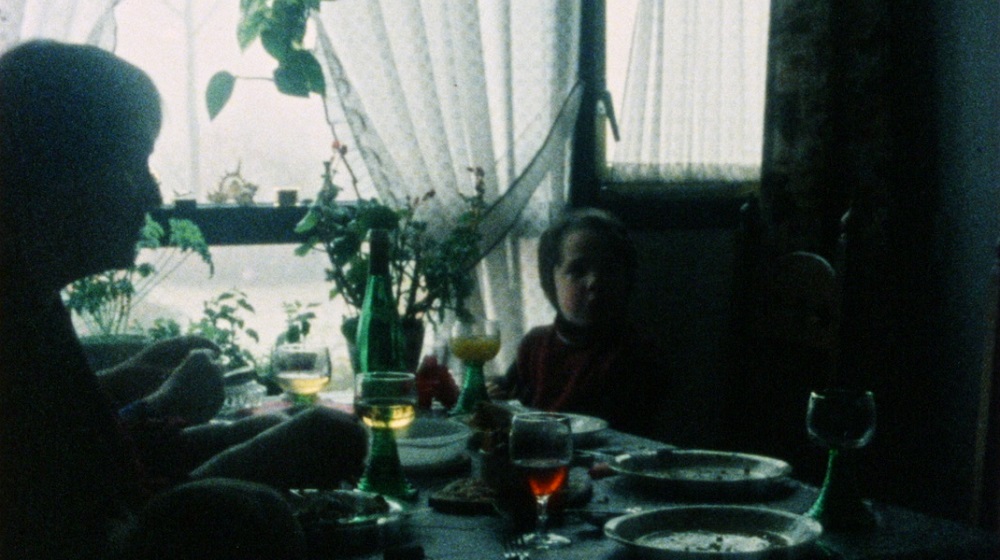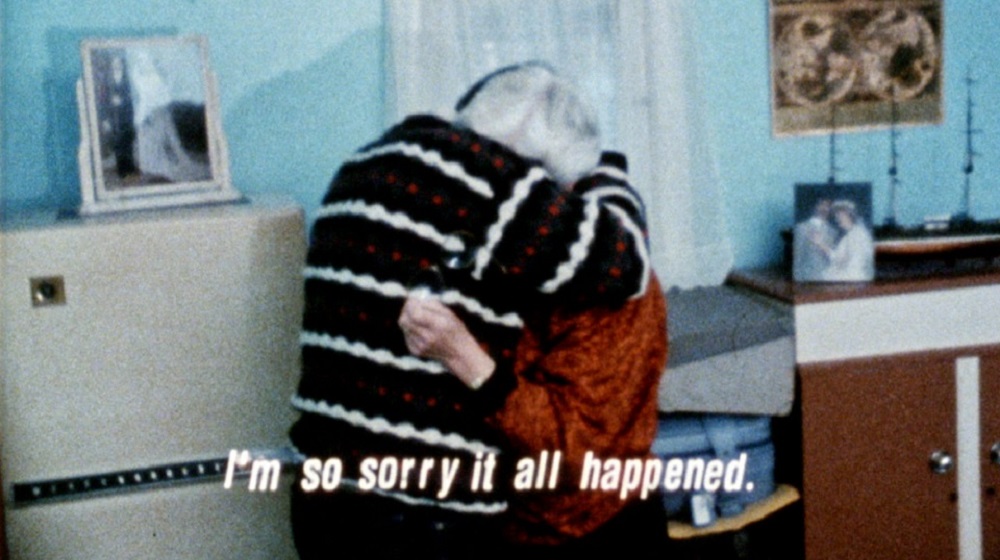Over the past forty years, Dirk de Bruyn (1950) has made numerous experimental, animated and documentary films. His creativity lies within the tradition of abstract, visionary or structural cinema, with a free and independent attitude that's open to integrating the language of new media but without abandoning analogue forms. He also creates performances with multiple screenings of his films, in a very personal form of expanded cinema. De Bruyn is a versatile, prolific artist who has probably yet to be been given the attention he deserves.
His early years of filmmaking were devoted to the diarist practice of filmmaking and apprenticeship. His work as an operator in an industrial film laboratory allowed him to learn the techniques of photochemical development and optical printers, enabling him to experiment with the medium and leading to longer, more abstract and structured works such as Running (1976) and Feyers (1979). In the 1980s, De Bruyn made a series of films using various direct animation techniques characterised by overwhelming visual complexity, intricate rhythms and varied textures. During this period he made the autobiographical feature Homecomings (1987), a work in the tradition of personal cinema that deals with the return of the filmmaker and his family to their homeland. The film combines different stylistic elements, autoethnography, a filmed diary and various animation techniques such as rotoscoping, time-lapse and direct animation. In a tone of quiet reflection, De Bruyn asks himself questions about his own past, reminisces about his father and tries to understand his cultural origins, identity and status as a migrant in Australia.
Homecomings, Dirk de Bruyn, 1987, 16 mm, 98', original language with Catalan subtitles.
Digital projection.
Copy from Light Cone.

